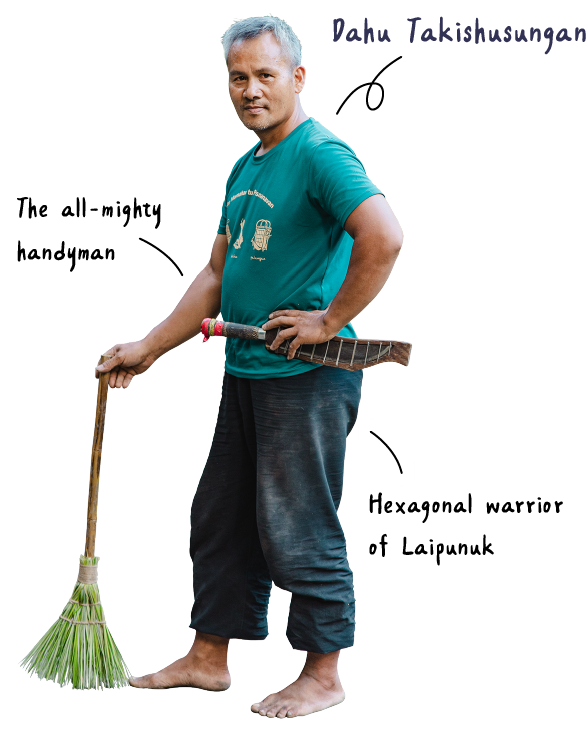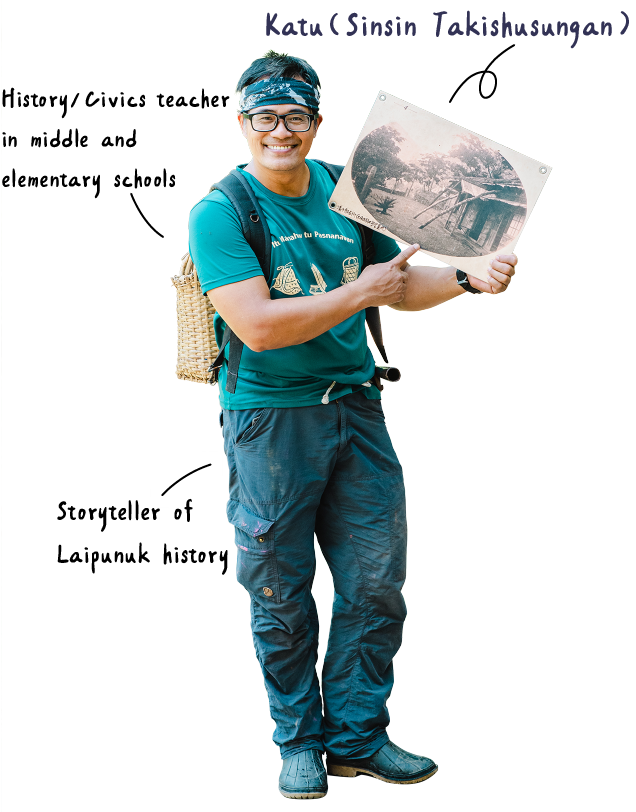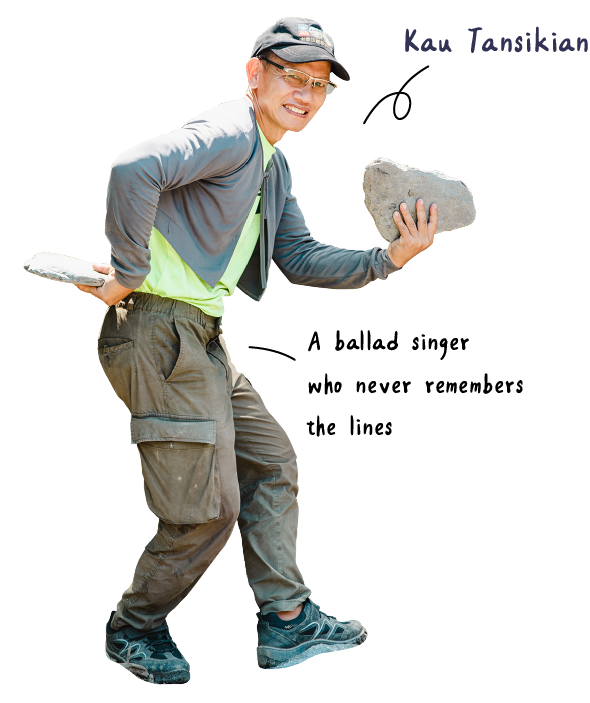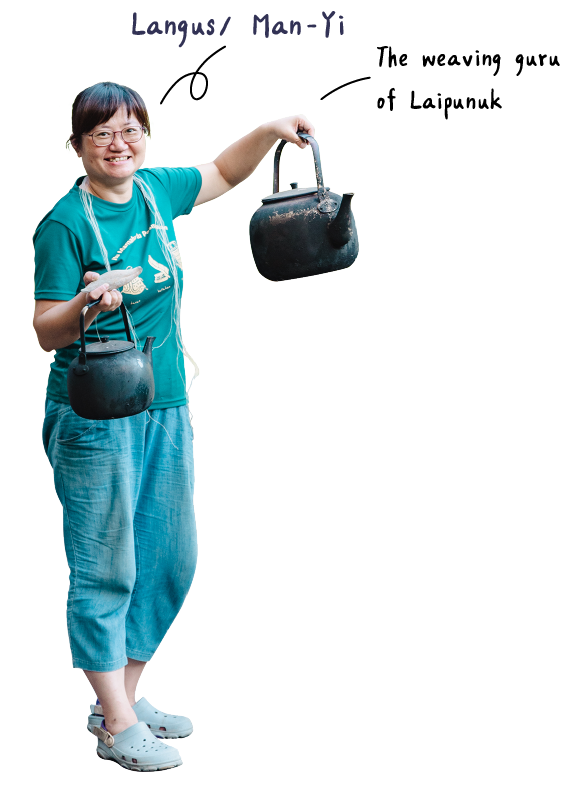In 2002, a helicopter carrying 15 elder ones landed in Laipunuk in Yanping Township, Taitung, on a patch in the woods previously cleared by youths in the indigenous community. The flight only took 10 minutes, but the elder ones have been waiting for over 60 years.
Laipunuk is the traditional territory of the Bunun people. With its location deep in the mountains and the Bunun people so swift and fierce, it was “the remaining blank space on the colonial map of the foreign regime”. In 1941, protests against the group relocation policy of the Japanese colonial government led to the “Laipunuk Incident”. After much bloodshed, the Japanese government burned down their stone slab houses and millet fields before relocating all of them down the mountain. The blank space on the map was thus filled, but the rising black smoke has also since blocked their way home.
With indigenous movements emerging internationally in recent years, the history of the “Laipunuk Incident” was reconstructed in 2000, and two years later on Human Rights Day, the elder ones finally returned to their homes in the mountain. The year 2002 was also known as “the first year of Laipunuk”. Watching the elders cry as they sang “Kimigayo”, the national anthem of Japan, the younger generation that initiated the “Return Home Program” decided to continue this journey back home, and revisit the mountains each year to rebuild their family houses, clear up the trails, and investigate the old community.
In 2019, the Taitung Forest District Office of the Forestry Bureau worked with Laipunuk Workshop to convert the Cycas Work Station along the old trail into a learning base, and named it Itu Mamahav tu Laipunuk*. The mission of the base is “min Bunun”, and has since developed 10 courses including the use of plants, hunting, setting traps, and dissection. Bringing their people back to the mountains is just the first step, Mamahav hopes to cultivate more indigenous youth to pass on the traditional wisdom and knowledge of the Bunun, through generations of practices.
*“The learning ground of Mamahav” in the Bunun language. Mamahav is the name of the old settlement, which is “mountain pepper” in the Bunun language, the namesake of the abundant mountain peppers growing around the settlement.









